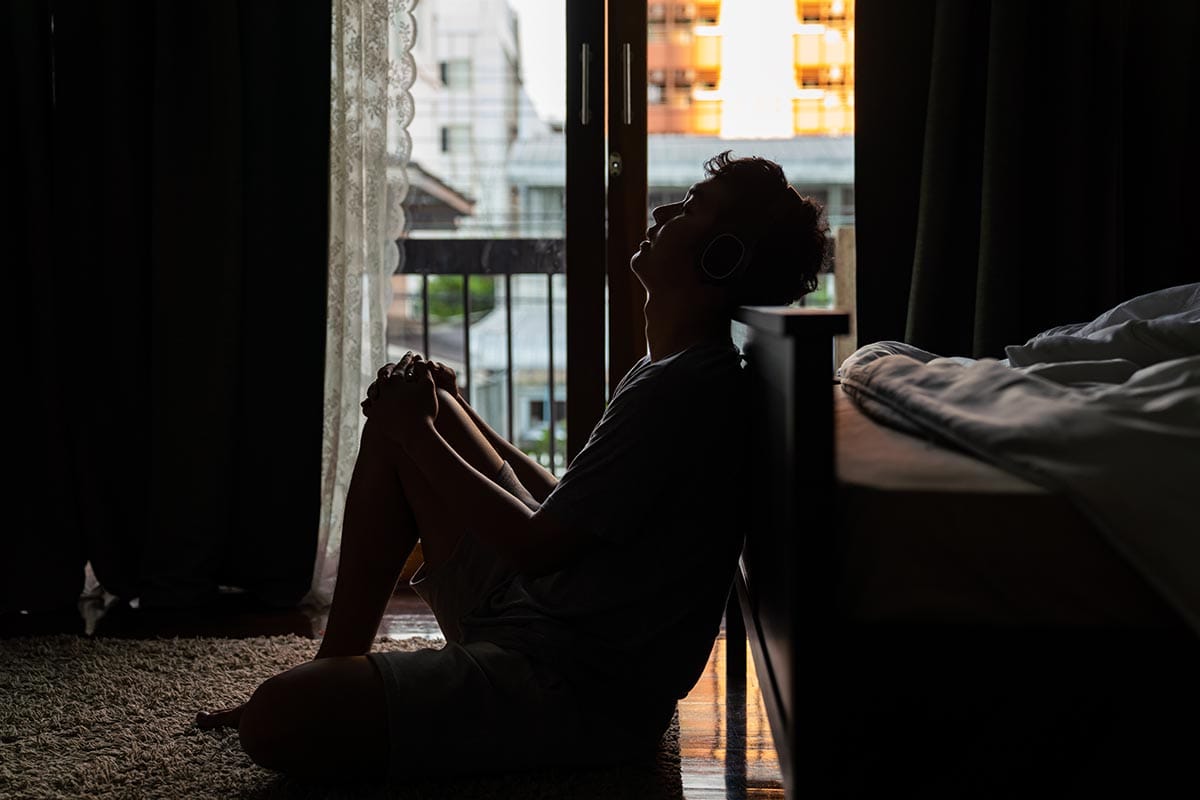When you are looking for an addiction treatment center for you or your loved one, it is normal to be skeptical about whether a drug rehab program will be effective. While statistics regarding success rates of different rehab centers are good indicators of a drug rehab’s effectiveness, the individual’s commitment to the program matters more. Motivation can come from different places. Those who are reluctant to begin treatment might find the motivation they need from sessions with an experienced therapist. For others, an intervention from loved ones makes a difference. And medication-assisted treatment can help many of those who struggle with addiction reach a place of stability from which to rebuild their lives.
The effectiveness of a drug addiction treatment center also has to do with whether it’s tailored to each patient’s individual needs. If you’re looking for a recovery center that offers behavioral health services, a supportive environment, and highly effective medication-assisted treatment, look no further than Colorado Medication Assisted Recovery. Reach out to our treatment center today at 833.448.0127 to learn more.
What Makes a Drug Rehab Program Effective?
If you’re looking for effective drug rehab, there are certain factors to consider. These include:
- Individualized treatment plans – A successful drug rehab program considers each patient’s individual needs rather than using a one-size-fits-all approach.
- Medication-assisted treatment – A medication-assisted program utilizes effective medications such as buprenorphine and naltrexone to help patients address their physical dependence on drugs and alcohol.
- Therapy – Every effective drug rehab program includes individual and group counseling that uses evidence-based strategies to help patients understand their addiction and develop effective coping skills.
- Aftercare – Aftercare is essential for effective drug rehab. Aftercare services continue to provide support and resources after a patient completes the program to ensure long-term sobriety.
CMAR’s drug rehab program in Thornton, CO is devoted to effective drug addiction treatment. We assist those in recovery through every step of the process. Our rehab program’s goal is to help a person stop using drugs and restore them as functioning members of a family, workplace, and community. In most cases, the goal of treatment may include helping the individual develop new healthy habits.
How Effective Drug Rehab Programs Support Patients
However, it is crucial to understand that drug addiction treatment is a complex matter made of unique treatment methodologies directed toward different people with varied goals. Therefore, we have to provide individualized treatment programs which treat the unique needs of each individual. An effective rehab program should, at the very least, lead to the following:
- Reduced use of the drug
- Improvements in employment
- Improved mental health status
- Improved general health and medical status
- Better interpersonal relationships
- Improved legal status
- Improved education status
We mark the effectiveness of our drug rehab program not only by the rate of abstinence but also by how the patient functions at home, at work, and in the community.
What to Look For in a Drug Rehab Program
Deciding which addiction treatment therapies are best for you or your loved one can be difficult. However, a variety of factors may contribute to the effectiveness of a drug rehab program. These factors include but are not limited to:
- Environment – A rehab center in a safe environment that is free from distractions works best for those in recovery. The environment also needs to be supportive and provide a place where patients can open up about the challenges they’ve faced without fear of judgment.
- Treatment – A drug rehab program’s ability to custom tailor a treatment plan is instrumental in achieving the best results from every therapy session. Therefore, instead of a one-size-fits-all treatment program, a Colorado bespoke treatment program is undoubtedly more effective.
- Support – Support groups play an essential role in facilitating recovery. They remind people of the coping skills they built during treatment and how addiction affected their lives. A rehab treatment program that places an individual as a part of a group is likely to be more effective.
- Aftercare – Recovery is a lifelong process that requires those in recovery to be mindful of their thoughts and actions. To achieve long-term abstinence, aftercare is a crucial component in treatment. The chances of someone in recovery relapsing become minimal when we incorporate aftercare into the treatment services.
Look for a rehab center that offers personalized care in a welcoming, comfortable environment. Additionally, look for a center that offers behavioral therapies alongside medication-assisted treatment, as this approach can be highly effective. Lasting recovery is possible.
Reach Out to Colorado Medication Assisted Recovery Today
At Colorado Medication Assisted Recovery, we provide individualized care designed to meet the multi-dimensional needs of our patients. Our effective drug rehab programs can help you or your loved one reach their recovery goals safely and efficiently.
Find an effective, clinically driven rehab program at our addiction treatment center. Contact Colorado Medication Assisted Recovery today at 833.448.0127 to schedule an appointment or connect with us online to learn more about your treatment options and to get started on your recovery journey.


















